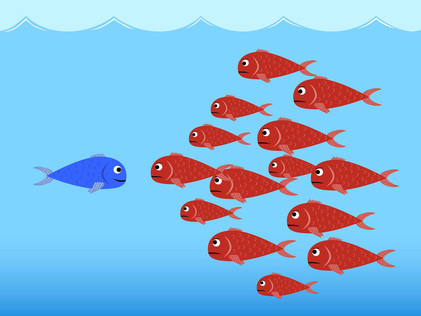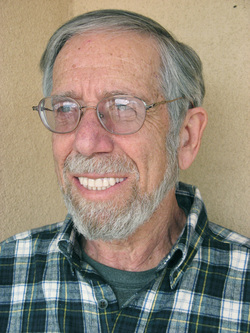
I don’t think so.
It’s the power, the sheer power, we’re up against, those people out there—anonymous in all but name—who hold our “fortunes” in their hands (using the term loosely for the whispy background scrim in most writers’ lives). But the larger point is that they hold our egos too. How they see us (we believe) will shape how the world sees us, and thus—inevitably—how we see ourselves.
Maybe this wouldn’t be so bad if they got it right more often. But these picky-picky-picky folk keep crapping on us just because we didn’t write the book they wish they were good enough to write themselves. (That’s my story, and I’m sticking to it.)
So I went online and looked for credible data on overall percentages of positive and negative book reviews, and couldn’t find any. Giving the benefit of the doubt, maybe it’s because so many reviews just end up in the wishy-washy middle.
Assuming that neither you nor I write the perfect (or the perfectly awful) book, it will always be possible to say, “On the one hand . . .” and “On the other hand . . .” I guess I’m just fatally old fashioned to think a reviewer should give me more help than that—such as conclusions and opinions, for instance—in deciding whether a book is worth my time and money.
I recall an author saying once he’d concluded that over the length of his career, it had taken five five-star reviews to overcome a single one-star in his mind: “The praise just bounced off” (responding to them like most of us do when our partner bestows five-star or one-star ratings).
Because the person reviewing a particular book is always such a great unknown, the result is the same toss of the dice. If we’re going to dismiss a negative review with, “Hey, what does he know anyway,” there’s no defensible way to see a positive opinion any other way.
Except that we’re human—with praise as essential to a healthy man, woman, or child as food and water.
Reviewing is like healing, a pastime (“profession” for just an oddball few) where the byline owner can create the only entry criterion that counts. Logically, that should lead us to pay it little mind, but somehow things don’t work that way. We can tell ourselves it’s just one person, one isolated assessment, thus deserving a weight of exactly one in stacking up the views of everyone who’s read or may read our book. But somehow the mere fact of the writer’s officially allotted soapbox (even if self-allotted) gives an imprimatur it’s probably impossible to ignore.
For Catherine McKenzie, for instance, who’s now written four best-selling novels, the appearance of her first major review way back when led to an equivalent of the king’s food taster. “I had someone read it for me first to let me know if I should read it . . . because if my book was going to be trashed in a national newspaper, I kind of didn’t want to know.”
Maybe she had something there. Maybe it could be a solution for the rest of us as well. And what about all those other places in life where a negative opinion—or even rejection!—could lurk?
“Hello, this is Marty with the Your Happy Answer Company, just calling to ask if you’d be interested in dinner and a movie with [fill in client’s name]—or if that won’t work, maybe a bike ride and a picnic.”
Wow! Obviously this is a startup destined to bring much more wealth and glory than I’ll ever find in the publishing business. And then I can write a book about it, sharing my success with the adulating public. The reviewers will all love it. I’m sure they will.
Or at least I think they will.
I mean, I hope they will.
They’d better, the damn bastards!

 RSS Feed
RSS Feed

